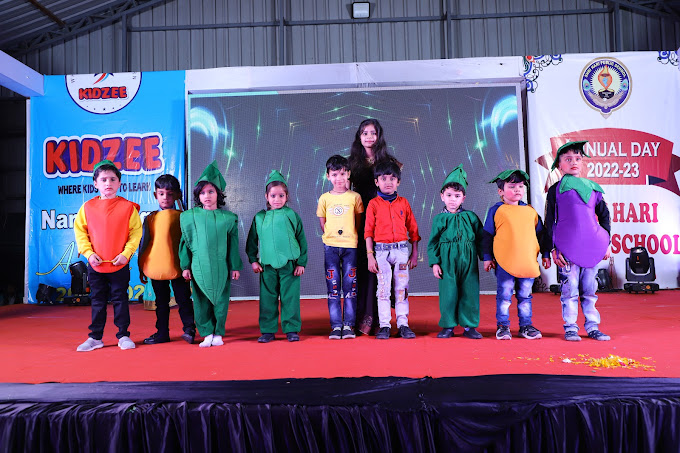Subtotal $0.00

In Class 8, students encounter more advanced concepts and begin preparing for the transition to secondary education. Here’s a detailed overview of the subjects typically covered in Class 8:


Reading:
Writing:
Grammar:
Vocabulary:
Oral Skills:
Reading and Writing:
Grammar:
Vocabulary:
Oral Skills:
Numbers:
Geometry:
Algebra:
Data Handling:
Physics:
Chemistry:
Biology:
Environment:
History:
Geography:
Civics:
Drawing and Painting:
Craft Activities:
Games and Sports:
Health Education:
Music:
Dance:
Interactive Learning: Incorporating multimedia resources, visual aids, and hands-on activities to enhance engagement and understanding.
Project-Based Learning: Encouraging interdisciplinary projects that integrate multiple subjects and foster critical thinking and problem-solving skills.
Assessment: Regular assessments through quizzes, tests, assignments, and projects to evaluate progress and understanding.
Monday - Thursday:8am - 4pm
Friday - Saturday:8am - 5pm
Sunday: Closed